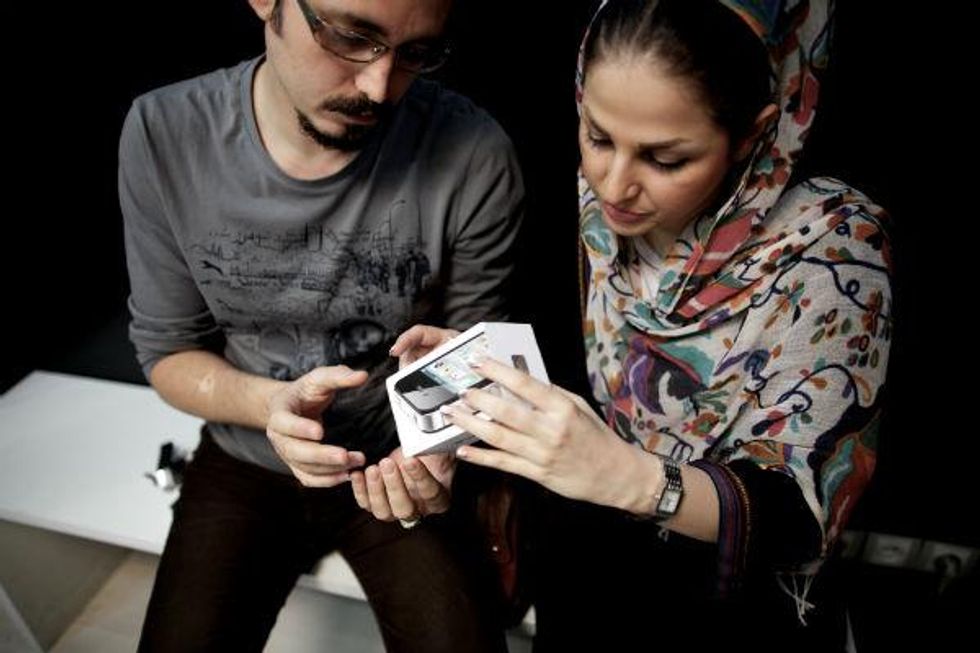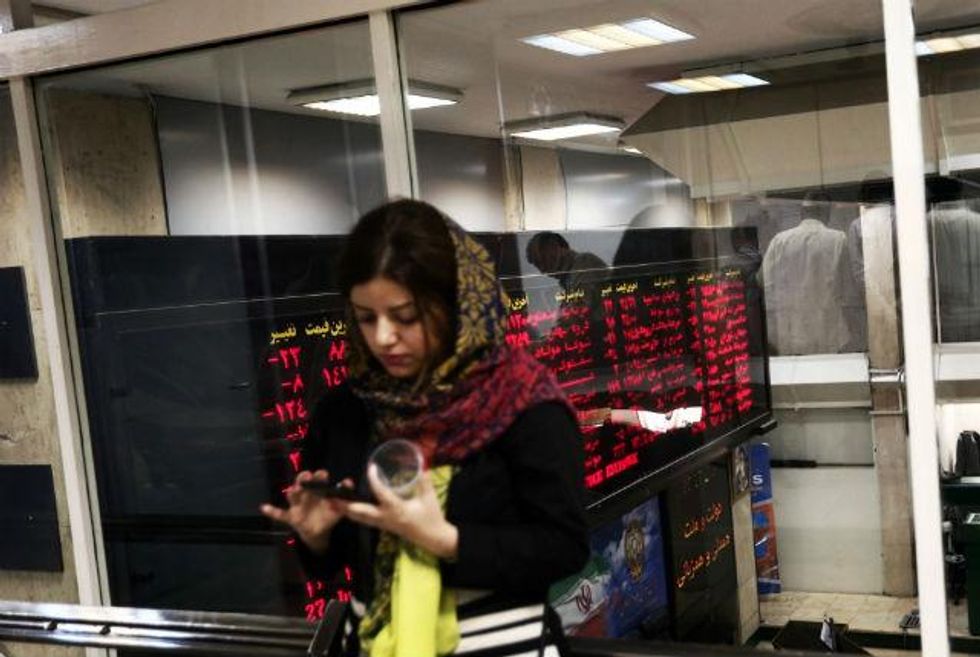News
Bethan McKernan
Nov 28, 2015
In the wake of the Isis attacks on Paris earlier this month, much has been made of Isis' use of encrypted messaging services such as Snapchat and Telegram.
While the Paris attackers used normal text messaging, fears over terrorists using encrypted services to communicate are a convenient bogeyman for stepping up government surveillance of normal citizens.
Telegram is a cloud-based mobile and desktop messaging app which has been criticised in the past for not doing enough to shut down Isis accounts. In the days since the Paris attacks, however, the company is seemingly more vigilant:
While the Berlin-based company has been in the news because of Isis, we should be focussing on what Telegram is - and isn't - doing further east.
Serious questions have recently been raised over the lack of transparency in the Telegram's dealings with the Iranian government.
Contradictory statements from the Iranian authorities and the software company appear to show that there is collusion between the app's developers and the government, sparking fears over interception and censorship for journalists, artists and activists in the country.
The app is the most-used messaging service in the country, outstripping even Whatsapp, and is also widely used by the Iranian diaspora to stay in touch with family and friends.
Freedom of speech and expression are heavily monitored in Iran, and secure messaging is relied upon as a vital avenue free from censorship.
In October, Telegram’s founder and CEO, Pavel Durov, said that the Iranian authorities had asked the company to share data with them to enable spying on users:
Durov said that when Telegram refused to cooperate, the authorities shut them down.
But then, in a second statement a few weeks later, Duvrov clarified that the Iranian government had only been interested in blocking pornographic content, and said that the initial request from the government for spying access hadn't actually come from "an authorised source":
Since pornographic material is blocked under the Apple app store's terms of service, there are worries that the definition of pornographic content could be stretched to include other messages and pictures that would be of interest to the Iranian government such as messages that betray someone's sexuality.
On top of that, Iranian media have reported this week that Telegram have created a position to "monitor and block immoral content for Iran", wide-ranging terms that haven't been defined.
Thomas Hughes, executive director at Article 19, a charity that defends the right to freedom of expression and information, said in a statement:
It is vital to the secure communications of millions of Iranians that Telegram becomes transparent and accountable regarding the status and content of the negotiations with Iranian authorities: the company must clarify whether security and privacy have been compromised.
i100.co.uk has contacted Telegram for comment.
More: Britain's security minister has actually thanked Anonymous for taking on Isis
More: Wikipedia founder Jimmy Wales says the government's encryption plans are 'moronic'
Top 100
The Conversation (0)















